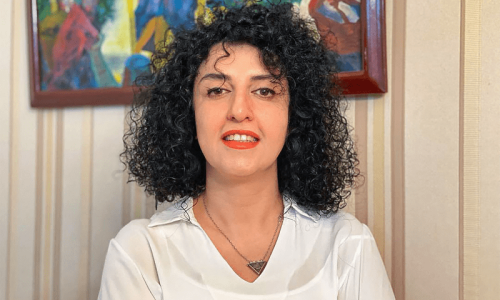
THE Covid pandemic brought the spotlight on the vital role played by nurses and paramedics who globally received accolades for being at the forefront, battling one of the worst health crises of modern times. The crisis has also nudged the world towards adopting more inclusive and modern methods to enhance the capacity of nurses. This phenomenon has given impetus to the promotion of advanced practice nursing, which is a field aimed at improving the quality of healthcare delivery across the world.
An advanced practice nurse (APN) is a registered nurse who has achieved advanced education and training at the master’s or doctoral level in a particular specialty area of nursing. An APN can provide advanced care to the patients independently, or in collaboration with physicians, utilising their vast experience and skills acquired in disease prevention, diagnosis and management.
Estimates suggest that about 40 countries have established, or are in the process of setting up the required structures to adapt to basic APN concepts. Unfortunately, Pakistan has not taken even a minor step towards that goal.
According to international standards, there should be two doctors per 1,000 people, but in Pakistan, the ratio is less than one. In addition, Pakistan has a history of natural disasters, including floods and earthquakes, and various epidemics, like cholera and diarrhoea outbreaks. The country needs APNs to deal with such scenarios.
Once we have APNs on board, we would have a patient-friendly environment, with primary healthcare being provided at their doorstep. APNs would help detect and even treat life-threatening ailments with a timely response, and the patients’ quality of life would stand improved through proper ‘education’ and follow-up by APNs. As is obvious, APNs will relieve the physicians of their current burden by treating illnesses that do not require a specialist consultation.
Introducing APNs in Pakistan needs coordinated efforts from all the relevant stakeholders, including the government, the Pakistan Nursing Council, nursing associations, and healthcare institutions.
Imran Uddin
Karachi
Published in Dawn, June 22nd, 2023












































Dear visitor, the comments section is undergoing an overhaul and will return soon.